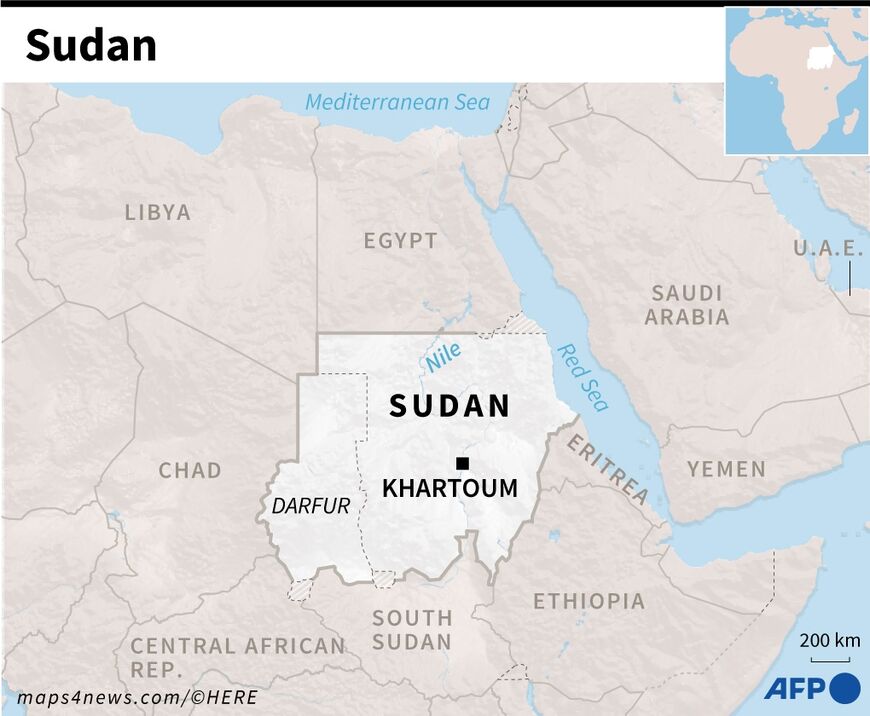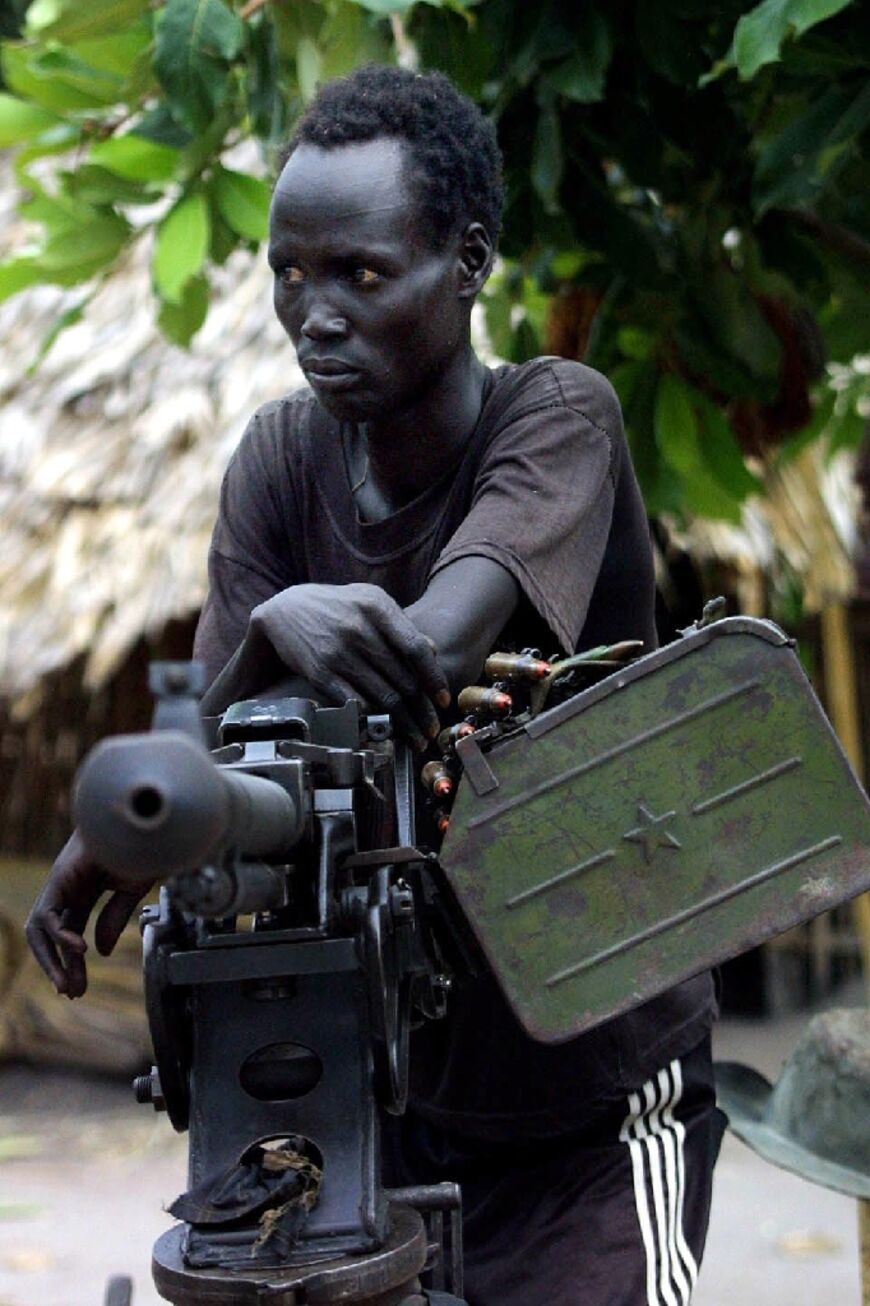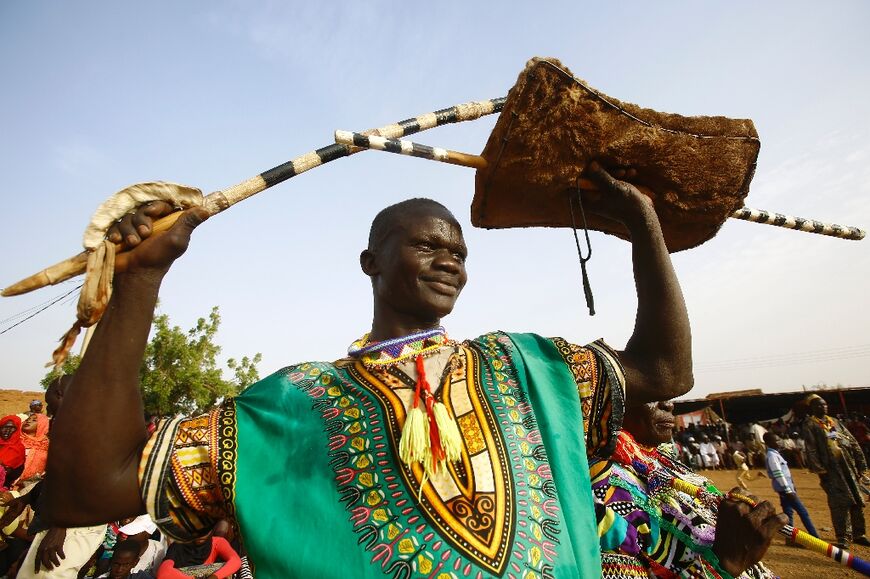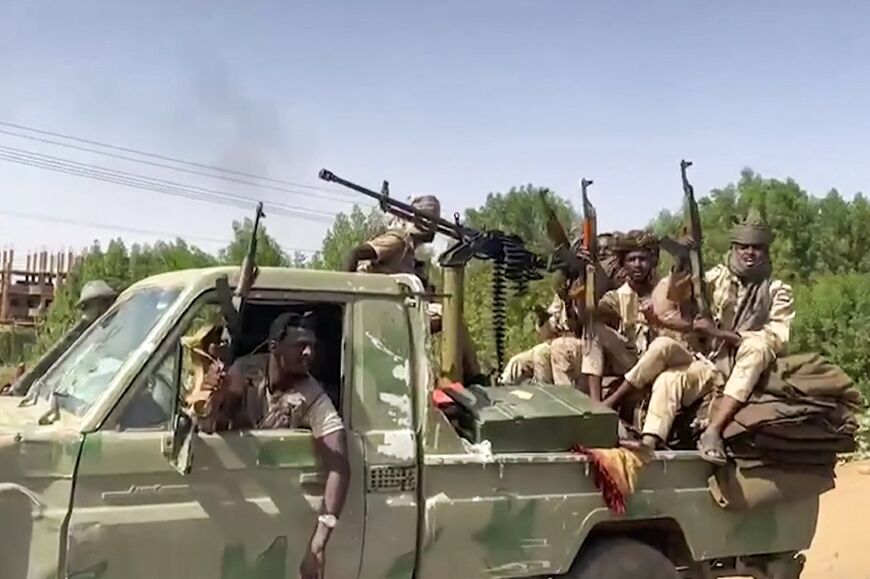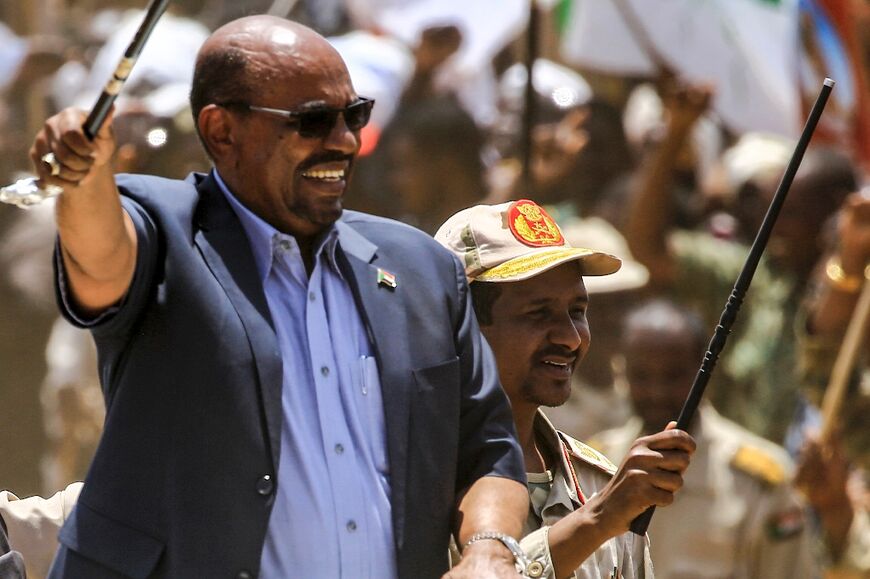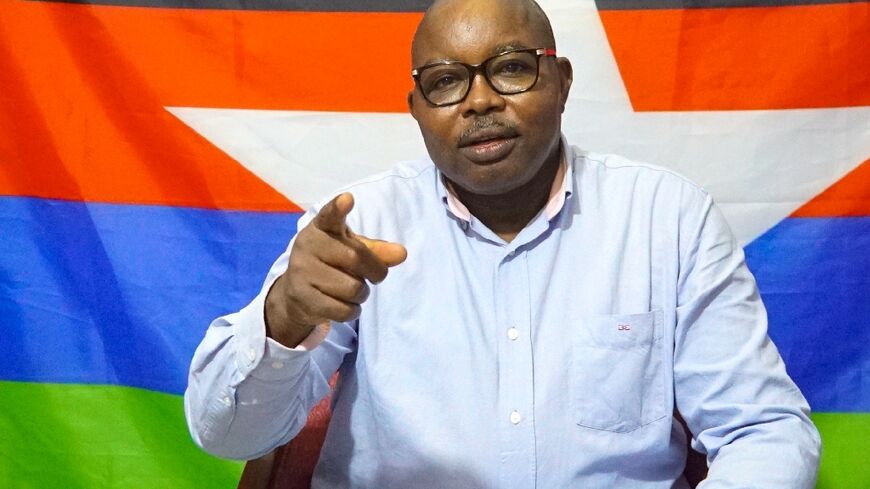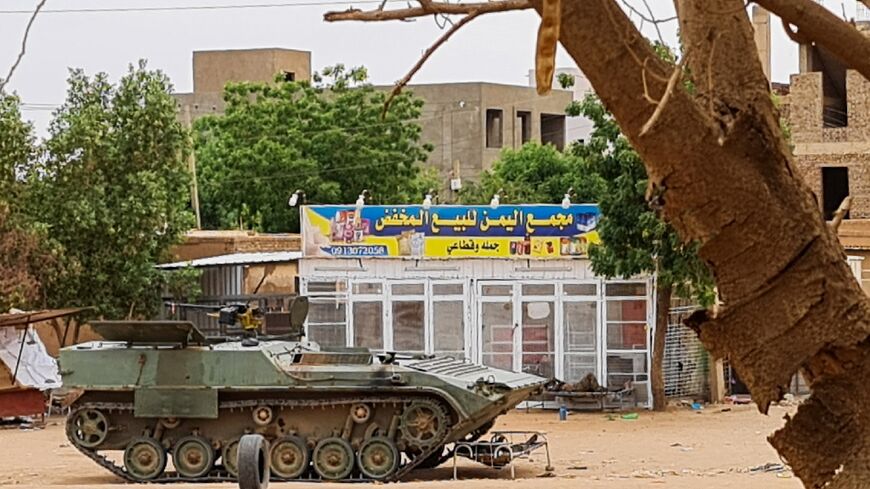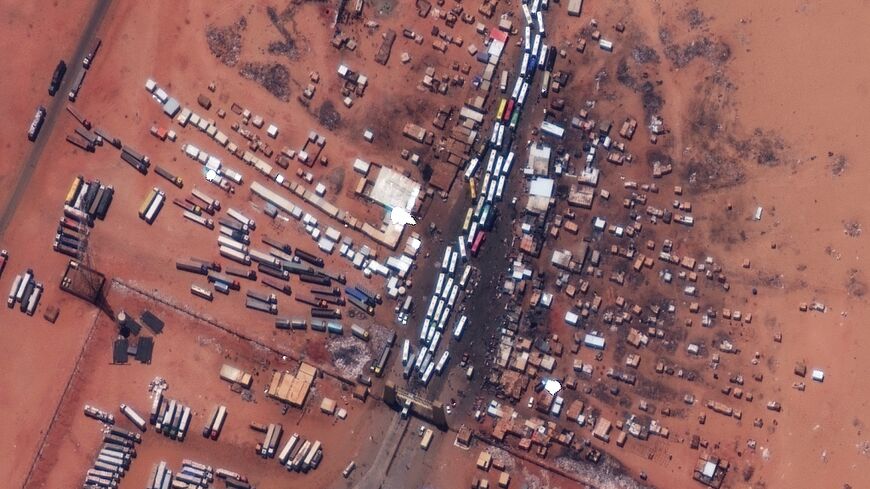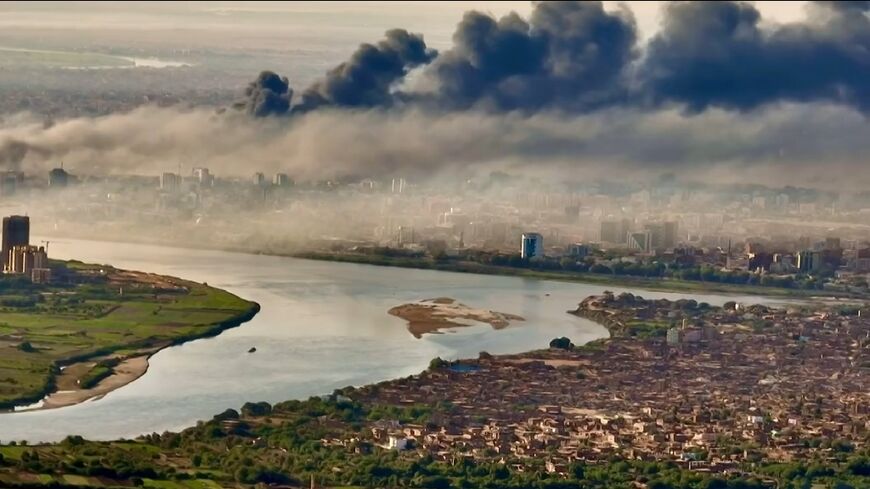Sudan: decades of conflict and coups
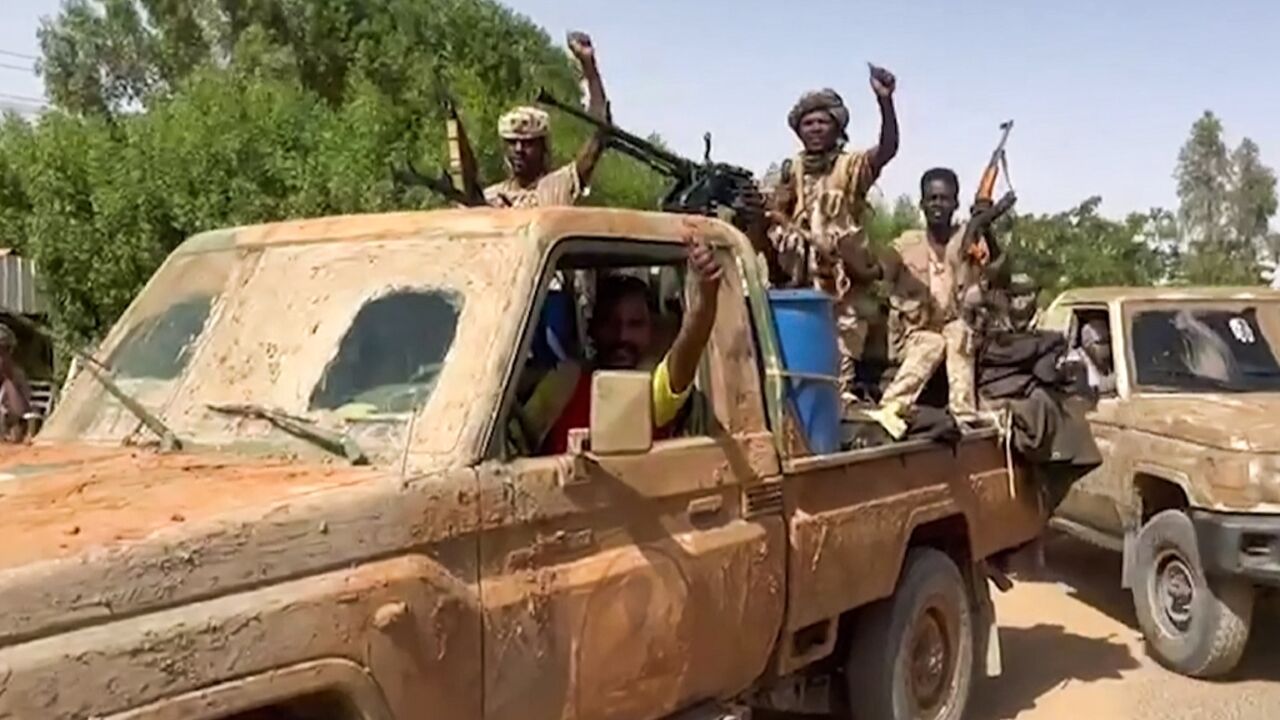
Sudan, which has descended into chaos with fierce fighting between rival generals, has lived through multiple civil wars since winning independence from Britain and Egypt in 1956.
- 1955-1972: first civil war -
Sudan's first north-south civil war broke out several months before independence on January 1, 1956 and lasted until 1972.
It pitted successive governments in the Arab and Muslim-dominated north against multiple forces of separatist rebels in the south, where people are mainly Christian or follow traditional religions.
The 17-year conflict ended with a treaty signed in neighbouring Ethiopia, under which the president granted autonomy to the south.
It collapsed in 1983 after 11 years of relative peace when President Jaafar Nimeiri decided to revoke the south's autonomous status, enforce Islamic sharia law and crush southern troops he said were mutinying.
According to different sources, as many as 500,000 people died in the bitter conflict.
- 1983-2005: second civil war -
Sudan's second civil war erupted in 1983 when the rebels of the Sudan People's Liberation Movement/Army (SPLM/A), led by John Garang, rose up to change the Islamist rulers in Khartoum into a secular, democratic "New Sudan".
In 1989, Omar al-Bashir, an Islamist, took power in a coup and cracked down on the southern rebellion.
Southern guerrillas also fought within themselves, with one faction fighting for the south to break away.
Northern rebels also battled the government in Eastern Sudan, Blue Nile and the Nuba Mountains.
Some sources estimate as many as two million people were killed and another four million displaced in the 22-year war.
The war ended on January 9, 2005, when Garang signed a peace accord with Bashir's government.
The cornerstone of the Kenya-mediated accord was a protocol exempting the south from sharia law and granting it six years of self-rule ahead of a 2011 referendum on whether to remain part of Sudan or secede.
Oil-rich South Sudan proclaimed independence on July 9, 2011, splitting Africa's biggest country in two.
As South Sudan separated, conflict resumed in the Nuba Mountains and Blue Nile in the rump state of Sudan in areas held by former guerrillas, now called the SPLM-North.
In the spring of 2012, relations between Sudan and South Sudan soured in oil-rich border zones, resulting in clashes between the two armies.
- 2003-2020: Darfur war -
Sudan's vast western region of Darfur was plunged into a war in 2003 when mostly non-Arab armed groups rose up against the government in Khartoum, alleging racial discrimination, marginalisation and exclusion.
Khartoum responded by unleashing the Janjaweed, a marauding group of nomadic Arab raiders who attacked Darfuri villages on camel and horseback alongside regular soldiers.
In the first five years the conflict claimed 300,000 lives from direct combat as well as disease and malnutrition, according to the United Nations. Around 2.5 million were displaced.
The International Criminal Court (ICC) in The Hague in 2009 and 2010 issued arrest warrants for president Bashir for war crimes, crimes against humanity and genocide committed in Darfur. Bashir was ousted in 2019.
On August 31, 2020, the government and most rebel groups agreed a landmark peace deal, but sporadic clashes continue.
Since mid-April, the conflict between forces loyal to army chief Abdel Fattah al-Burhan and Mohamed Hamdan Daglo, head of a paramilitary force born out of the Janjaweed, has caused heavy fighting in Khartoum as well as renewed conflict in Darfur.


